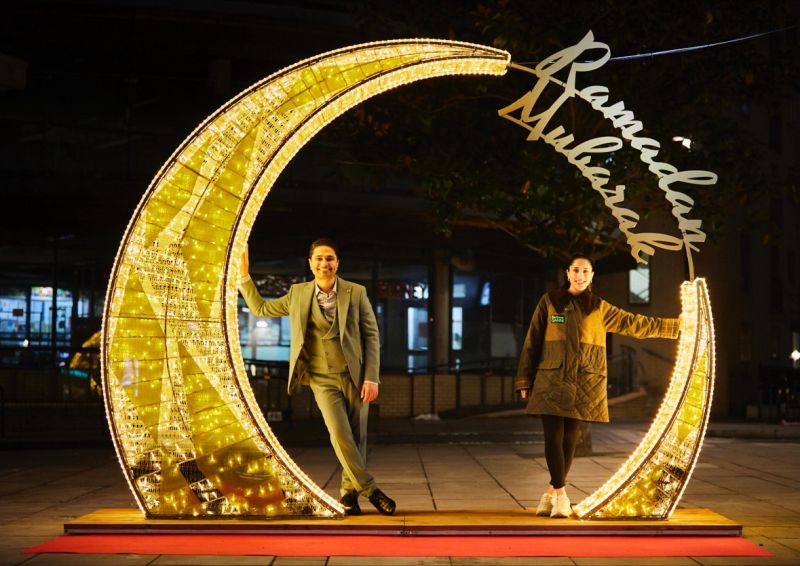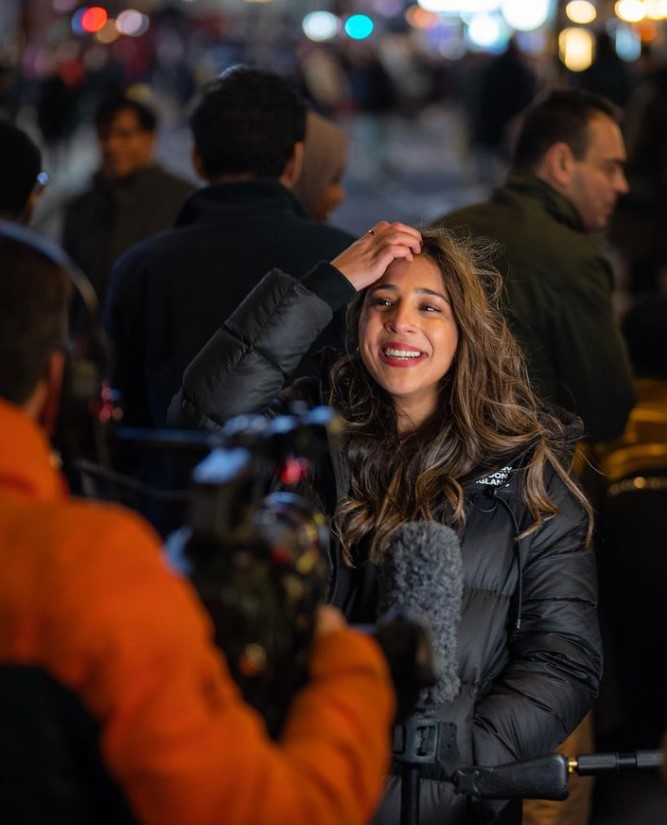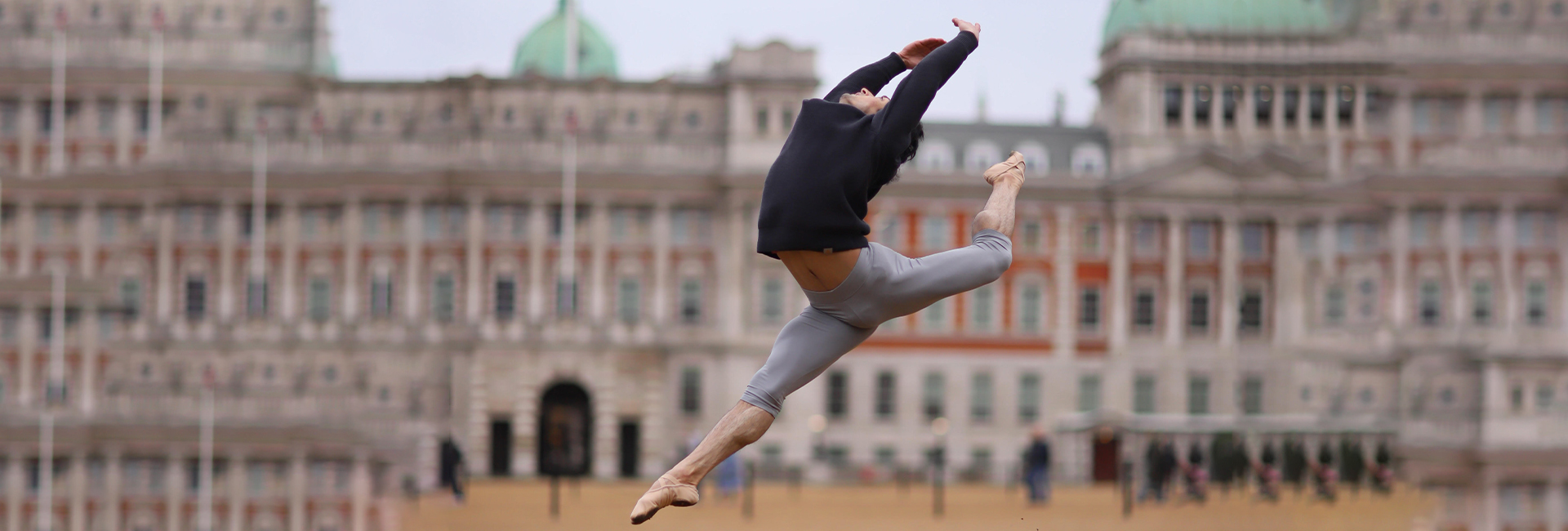(April 25, 2024) A few years ago, London based Aisha Desai got the opportunity to move to the Middle East to study Arabic. She spent two Ramadans there – one in Jordan and the other in Palestine. “Ramadan was my favourite time of the year there. Night time used to be amazing with the festive spirit and lights everywhere just like the Christmas in the UK. Everyone used to wish each other. You could feel the real spirit and joy of Ramadan,” the Indian origin youngster remarked. After getting back to the UK, she yearned to create the same joy during the holy month of Ramadan in London and started an initiative called Ramadan Lights UK.
Recently Aisha received the UK PM’s Points of Light award for her initiative to illuminate the heart of London in the festive spirit. Through Ramadan Light UK Aisha has been spreading joy among the Muslim community throughout the entire month of Ramadan. Apart from her experiences in the middle-east, her project was inspired by the joy that she experienced witnessing the festive Christmas lights in central London during her childhood.

Aisha with Ramadan Lights Installation
The Point of Light award recognises volunteers who are actively contributing to their community and serving as inspirations to others. “Ramadan Lights is about sharing the joy and spirit of Ramadan with our neighbours, and celebrating the rich cultural diversity of modern Britain. I am delighted to accept this award, and salute the British Muslim community who have supported the project so generously from the start,” Aisha remarked after receiving the award.
The project of light and joy
Aisha started the project in 2020 and piloted beautiful lit up Ramadan structure in her hometown of North London but had dreams to light up ‘the most iconic place in the world,’ – the heart of London. “It was a crowdfunding campaign to illuminate my neighbourhood,” she shares about her first year’s attempt.
Over the years, the project started getting bigger in reach. Last year Aisha partnered with the ‘Ramadan Open Tent Project’ in the UK to create the magic of first-ever display of more than 30,000 eco-friendly lights, creating 61 moons along Coventry Street in London. This year the Ramadan Lights installation was also done at Edgware Road, Nutford and Piccadilly.
It was a ‘dream come true’ moment for her. “It was so surreal. I was overwhelmed by the response and it was just so beautiful to see everyone with their families and their friends and taking pictures and sending me messages of how much they are enjoying,” she shared adding, “It’s been incredible. I think it’s really important for Muslims to have positive representation in the west and there’s no better place to start in, than London which is so diverse and so multicultural.”
View this post on Instagram
Leading by example and plans to go global
One of the reasons for Aisha to start the project was to inspire other young Muslims ‘to do the same in their cities, and in their countries. “Hopefully we can take it to other parts of London like Carnaby Street region, Oxford Street but my ambition is to go global. I want to take it to Paris to Milan to New York,” she remarked.
To her great joy, five sisters in Germany started the project this year and their city and even invited Aisha to see the beautiful lights and have iftar with them. “I am so grateful for the Ramadan Lights project as it has given me the opportunity to meet a wonderful group of genuine, caring and committed Muslims in Germany,” shared Aisha.
View this post on Instagram
Always inclined to spread joy in the community Aisha is also the founder of Fre3dom Clothing, a charity that uses youth culture-led street fashion to raise money for humanitarian causes in the Middle East.
Involving community
Aisha always wanted to keep her project – Ramadan Light UK, a crowdfunding project because she wanted the entire community to participate in creating a magical atmosphere during the festive season. “My idea was to promote the project as an initiative which is for the community and by the community,” She said.
However, the execution was not easy. She had to be very persistent to make her dream turn into a reality. “I made great efforts to take permission of the council. Once I got the permissions from the concerned authorities, everything else was a really smooth process.


Aisha Desai
The Indian origin youngster is born and brought up in the UK and holds a bachelor’s degree in Arabic language and middle eastern history from the University of Manchester. She has also studied in the Middle-East for a couple of years to build a command over the Arabic language. Apart from actively being involved in community initiatives, Aisha works as head of community at the UK based financial startup Algbra.




